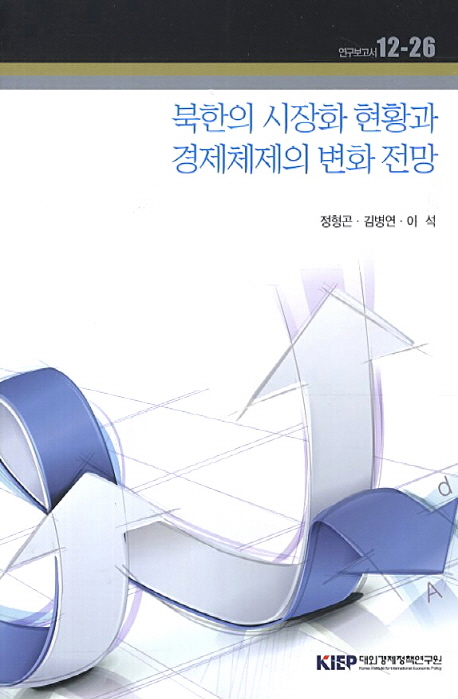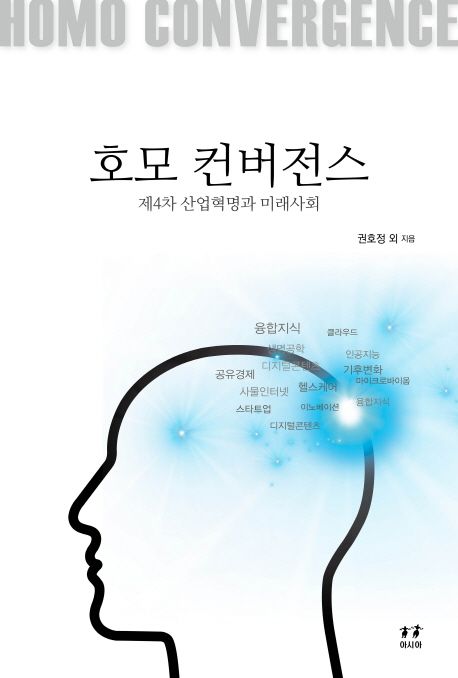
단행본
Unveiling the North Korean Economy: Collapse and Transition
- 발행사항
- Cambridge ; New York : Cambridge University Press, 2017
- 형태사항
- xii, 329 p. : ill ; 23cm
- 서지주기
- Includes bibliographical references (pages 305-322) and index
소장정보
| 위치 | 등록번호 | 청구기호 / 출력 | 상태 | 반납예정일 |
|---|---|---|---|---|
이용 가능 (1) | ||||
| 자료실 | E206783 | 대출가능 | - | |
이용 가능 (1)
- 등록번호
- E206783
- 상태/반납예정일
- 대출가능
- -
- 위치/청구기호(출력)
- 자료실
책 소개
North Korea is one of the most closed and secretive societies in the world. Despite a high level of interest from the outside world, we have very little detailed information about how the country functions economically. In this valuable book for both the academic and policy-making circles, Byung-Yeon Kim offers the most comprehensive and systematic analysis of the present day North Korean economy in the context of economic systems and transition economics. It addresses what is really happening in the North Korean economy, why it has previously failed, and how the country can make the transition to a market economy. It takes advantage not only of carefully reconstructed macro data but also rich, new data at the micro level, such as quantitative surveys of North Korean refugees settled in South Korea, and the surveys of Chinese companies that interact heavily with North Korea.
A comprehensive, systematic analysis of the North Korean economy, exposing its hidden workings through quantitative data analysis and surveys.
A comprehensive, systematic analysis of the North Korean economy, exposing its hidden workings through quantitative data analysis and surveys.
목차
Introduction
1. An evaluation of the socialist economy
Economic systems
The performance of the socialist economy
Households in socialist economies
Firms in socialist economies
Sustainability and collapse of the socialist economy
2. The North Korean economy
The North Korean socialist economic system
Performance of the North Korean socialist economic system
Households: surviving in informal markets
Firms: surviving with markets and foreign trade
Regime stability in North Korea: corruption and markets
3. Transition of the North Korean economy
An overview of the transition experience
Macroeconomic stabilisation and liberalisation
Privatisation and new entry of firms
Economic integration with South Korea
Conclusion





